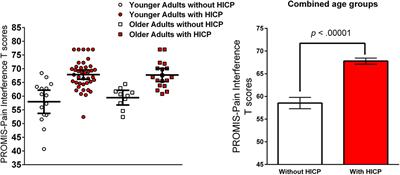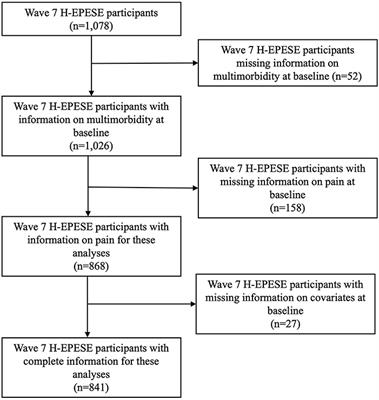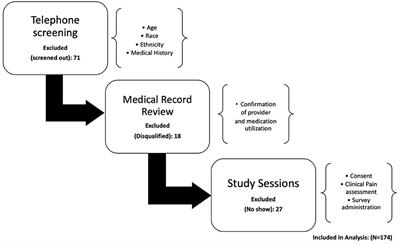EDITORIAL
Published on 28 Jun 2022
Editorial: Chronic Pain and Health Disparities in Older Adults With Complex Needs
doi 10.3389/fpain.2022.941476
- 2,447 views
- 5 citations
3,066
Total downloads
11k
Total views and downloads
EDITORIAL
Published on 28 Jun 2022
ORIGINAL RESEARCH
Published on 08 Apr 2022

ORIGINAL RESEARCH
Published on 23 Mar 2022

ORIGINAL RESEARCH
Published on 26 Jan 2022
